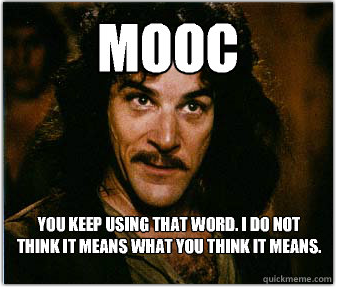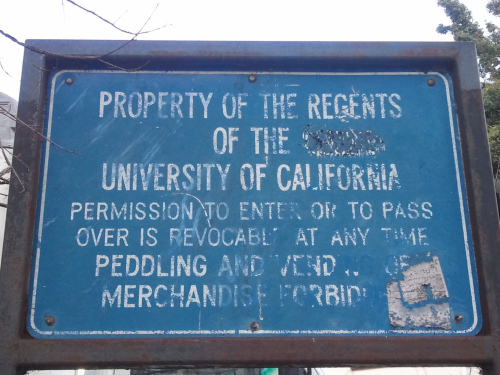A Week Late and A Story Short: "Whispering Trees"
This is not going to be a very good blog post.
This is not going to be a very good blog post. It is late, but that’s just a start. As with Scott and Ben, this is a story that left me with little to say; as with Keguro, it’s a story that left me expecting more, and feeling a little bad about it. Like Veronica, I never knew what to expect next in this story, as the text weaved together “one unexpected aspect of the ‘story’ to the next.” Like Beverly, it seemed to me that there was something distinctly timeless, placeless, and un-voiced about the narrative voice, and the story’s final line—a deadeningly duckbilled platitude of a freshly minted cliché—left me flat. I have lots of reactions, but nothing to say. And I did not have the charity to read it a second time; I will take Kola’s word for it… Read More...







